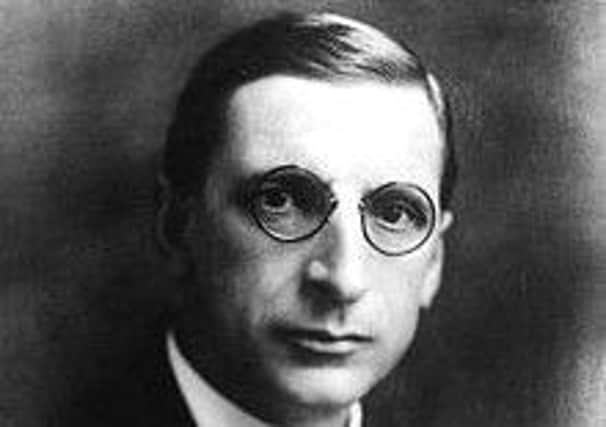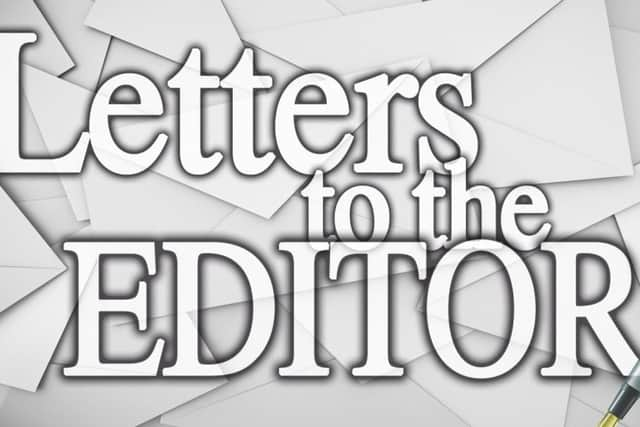WWII Britain was still an enemy to many in neutral Ireland


As the world commemorates the 75th anniversary of D-Day, there has been much comment, mostly of a critical nature, on the morality of our policy of neutrality between 1939-1945.
There are some who even regard Ireland’s stance as not so much neutral but pro-Nazi. These critics make no reference to countries like Portugal, Spain, Switzerland and Sweden which adopted a policy of armed neutrality, while most of the nations embroiled in the war remained neutral until they were invaded or attacked, including the US and the Soviet Union.
Advertisement
Hide AdAdvertisement
Hide AdDuring the war years, the fallout from partition following the Anglo-Irish conflict was still vivid in the public mind, seeing as how it was just 17 years since the guns of the Civil War had fallen silent and for both sides in the bitter internecine bloodbath the British were still the common enemy.


The decision of Dáil Éireann, not just Mr de Valera or the government, to remain neutral, in all probability avoided an outbreak of a second civil conflict here. Critics ignore the fact that all political parties in the Dáil, along with public opinion outside, favoured the policy of neutrality.
Indeed just one TD, James Dillon, voiced disapproval at our neutrality. Even those Dáil members who were strong supporters of the Allied cause, and there were many, voted to remain neutral.
Furthermore, proposals from prime minister Churchill in 1940 for the offer of a united Ireland as a quid pro quo for Irish entry into the war was rejected by Mr de Valera.
Advertisement
Hide AdAdvertisement
Hide AdOur neutrality, sovereignty and independence were not for sale.
Despite our position as a non-belligerent neutral state, Ireland did not introduce a prohibition on her citizens opting for foreign enlistment before or during the war, nor did Ireland introduce conscription into her armed forces.
Those who joined the Irish Army had free choices.
Furthermore, those who had a conscientious objection to our neutrality or those who didn’t wish to be left out of the fight for liberty, had other options open to them. As those Allied soldiers involved in the D Day landings are rightly commemorated, may I thank all those Irish army soldiers who stood by Ireland during World War II and stayed true to their oath of allegiance.
At a time when Europe was engulfed in terrible war with the danger of British or German invasion of Ireland, belligerently expressed by British Prime Minister Winston Churchill in his victory speech in 1945, these men showed tremendous loyalty, honour and valour. Go raibh mile maith agaibh go leir.
Tom Cooper, Chairman, Irish National Congress, Dublin